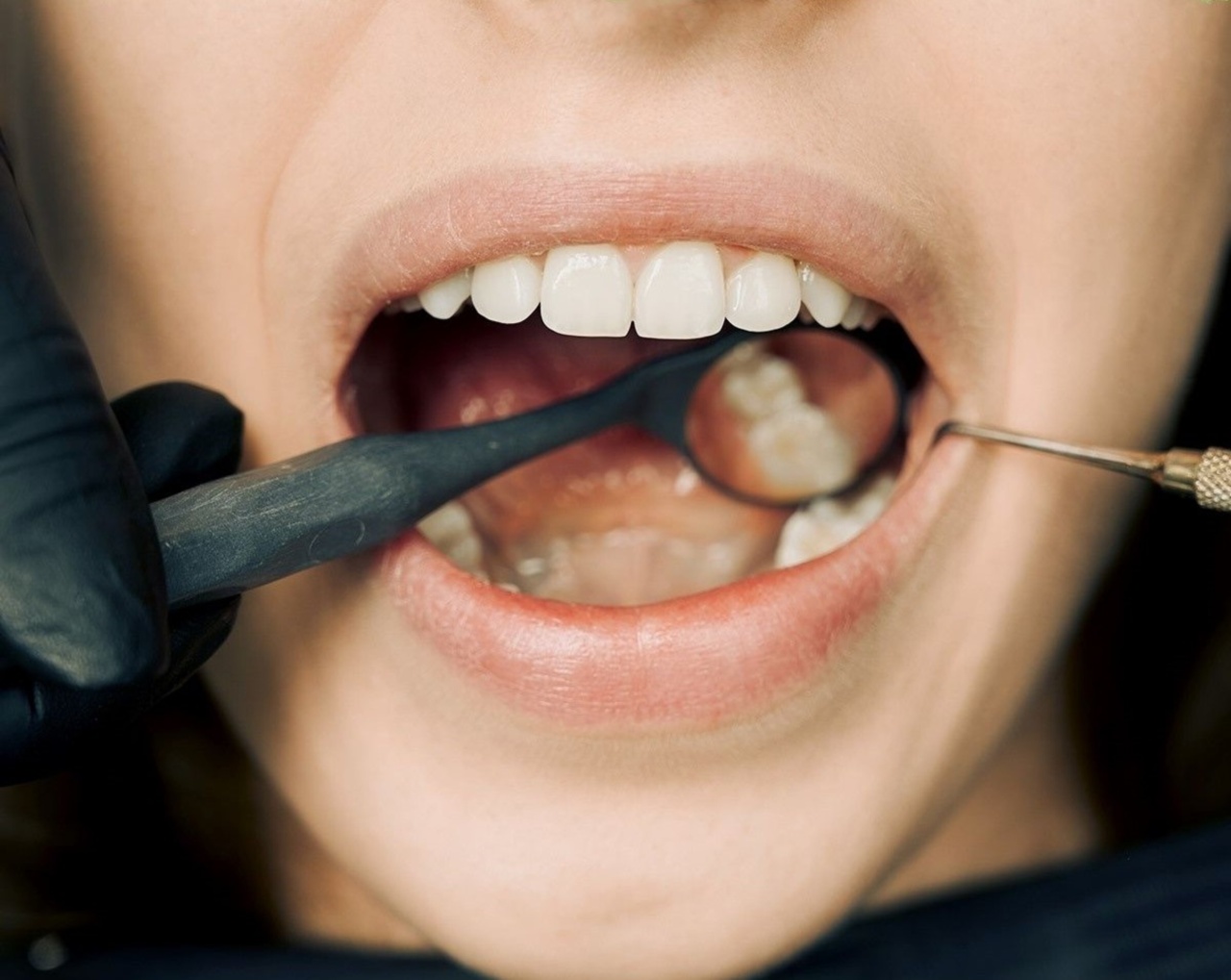Oral ulcers, also known as mouth ulcers or canker sores, are painful sores that appear inside the mouth, on the tongue, gums, or inner cheeks. They can be quite bothersome, making it difficult to eat, drink, or speak comfortably.
While most oral ulcers are harmless and tend to heal on their own within a couple of weeks, some may require medical attention. In this article, we will explore the causes, symptoms, and treatment options for oral ulcers.
Causes of Oral Ulcers
The exact cause of oral ulcers is not fully understood, but several factors and triggers have been associated with their appearance:.
1. Trauma or Injury
Accidental bites, rough brushing, or dental procedures such as braces or ill-fitting dentures can cause oral ulcers to develop. The injury disrupts the delicate lining of the mouth, leading to the formation of a sore.
2. Certain Foods
Spicy or acidic foods, such as citrus fruits, can irritate the sensitive oral tissues and trigger the development of ulcers. Additionally, some individuals may have specific food sensitivities that contribute to the formation of mouth sores.
3. Hormonal Changes
Fluctuations in hormone levels, particularly during menstruation or pregnancy, can make some individuals more susceptible to developing oral ulcers.
4. Nutritional Deficiencies
A lack of certain essential nutrients, such as vitamin B12, iron, folic acid, or zinc, can weaken the immune system and increase the risk of developing mouth sores.
5. Underlying Medical Conditions
Several medical conditions can contribute to the development of oral ulcers, including:.
– Celiac disease: An autoimmune disorder triggered by gluten consumption.
– Behçet’s disease: A rare inflammatory disorder affecting various body parts, including the mouth.
– Inflammatory bowel diseases: Conditions like Crohn’s disease and ulcerative colitis can cause oral ulcers.
– HIV/AIDS: Immune system suppression can lead to frequent and persistent oral ulcers.
6. Stress and Emotional Factors
Stress, anxiety, and emotional factors can weaken the immune system, making individuals more susceptible to developing oral ulcers.
Common Symptoms of Oral Ulcers
Oral ulcers present with distinct symptoms that can vary from person to person:.
1. Pain and Discomfort
Oral ulcers typically cause pain, especially when eating or drinking. The intensity of the pain can range from mild to severe, depending on the size and location of the ulcer.
2. Round or Oval Sores
Ulcers appear as round or oval-shaped sores with a white or yellowish center and a red border. They are usually small in size, measuring less than 1 centimeter, but can occasionally grow larger.
3. Sensitivity to Spicy or Acidic Foods
Individuals with oral ulcers often experience increased sensitivity to spicy or acidic foods, which can cause a stinging or burning sensation.
4. Difficulty in Speaking and Eating
Large or multiple ulcers can make it uncomfortable to speak or eat, as they can come into contact with the teeth, gums, or tongue.
5. Swollen Lymph Nodes
In some cases, oral ulcers may be accompanied by swollen lymph nodes in the neck or other parts of the body.
Treatment Options for Oral Ulcers
Most oral ulcers heal on their own within two weeks without requiring specific treatment. However, there are several methods to alleviate pain, promote healing, and prevent infections:.
1. Over-the-Counter Pain Relief
Non-prescription painkillers like acetaminophen or ibuprofen can help manage the discomfort associated with oral ulcers. Topical anesthetics, such as benzocaine, can also provide temporary relief.
2. Avoid Irritating Foods
Avoiding spicy, acidic, or rough foods can help prevent further irritation and promote healing of oral ulcers.
3. Oral Rinses and Mouthwashes
Using antimicrobial mouth rinses or saltwater rinses can help cleanse the mouth, reduce inflammation, and prevent infection. Rinses containing steroid medications may also be prescribed to reduce pain and swelling.
4. Topical Gels or Ointments
Over-the-counter or prescription gels containing ingredients like benzocaine, hydrogen peroxide, or corticosteroids can be directly applied to the ulcer to provide relief and accelerate healing.
5. Dietary Modifications
If nutritional deficiencies are suspected to be contributing to recurrent oral ulcers, a healthcare provider may recommend dietary changes or supplements to address the deficiencies.
6. Prescription Medications
In severe cases or if underlying medical conditions are involved, prescription medications such as corticosteroids or immune-modulating drugs may be required to manage oral ulcers effectively.
When to Seek Medical Advice
While most oral ulcers are harmless and resolve on their own, it is advisable to consult a healthcare professional if the following conditions are met:.
– The ulcers are large, persistent, or recurrent.
– The pain is severe, making it difficult to eat or drink.
– The ulcers are accompanied by other symptoms such as fever, rash, or joint pain.
– The ulcers do not heal within two weeks.
Preventing Oral Ulcers
Although it may not always be possible to prevent oral ulcers, adopting certain lifestyle changes and practices can help reduce the frequency and severity:.
1. Practice Good Oral Hygiene
Brushing twice a day with a soft-bristled toothbrush, flossing daily, and using a mouthwash can help maintain oral health and reduce the risk of developing ulcers.
2. Protect Against Mouth Injuries
Avoid biting the lips, cheeks, or tongue. If you participate in sports or activities with a risk of mid-face impact, consider wearing a mouthguard to protect against injury.
3. Manage Stress Levels
Stress management techniques such as exercise, yoga, meditation, or counseling can help reduce stress levels and minimize the chances of developing oral ulcers.
4. Monitor Your Diet
Avoid triggering foods like spicy or acidic items if you notice a correlation between their consumption and the development of mouth sores. Additionally, ensure a balanced diet rich in essential vitamins and minerals.
Conclusion
Oral ulcers can be painful and disrupt daily activities such as eating, drinking, and speaking. While most ulcers heal without medical intervention, identifying the underlying causes and triggers can help prevent their recurrence.
If you experience persistent or severe ulcers, it is advisable to consult a healthcare professional for an accurate diagnosis and appropriate treatment.






























